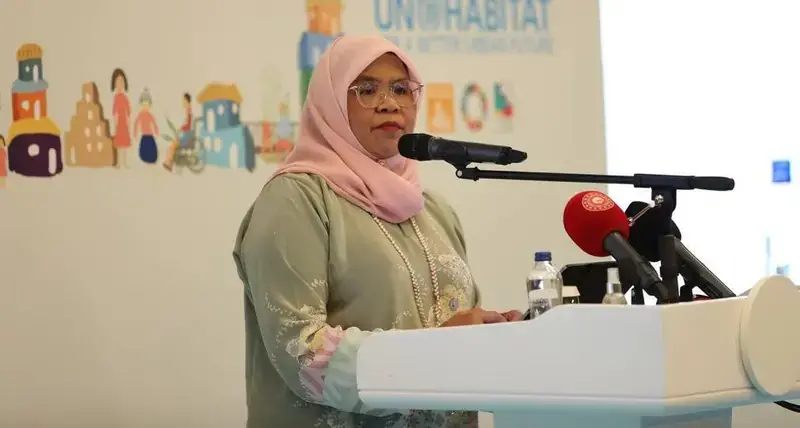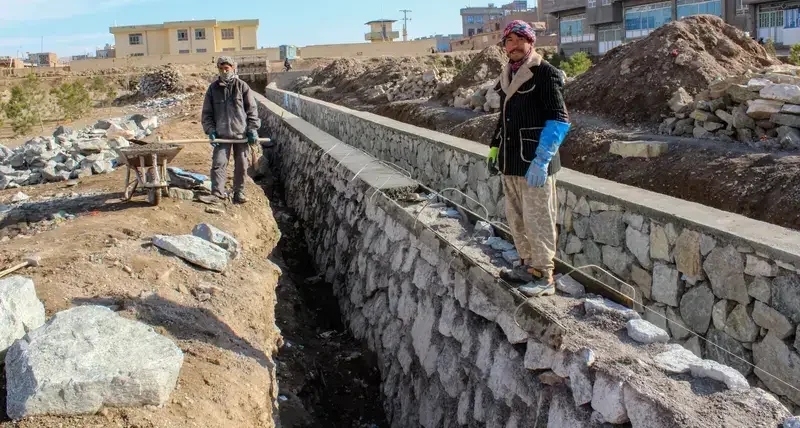The challenge
Local economic development is now widely regarded as an effective strategy for achieving inclusive economic growth and territorial development. It is a locally-driven, participatory development process intended to encourage the public sector, civil society actors, women, youth organizations and private stakeholders to work in partnership in the design and implementation of local development strategies by taking into account the strengths and weaknesses of a region, a locality or a value chain. Local economic development strategies enhance links between economic growth and jobs creation. They contribute to improving local governance through enhanced stakeholder participation, a partnership among different actors and by fostering relationships between different levels of government
Impact
Donors and partners
The successful implementation of local economic development strategies largely depends on strength of partnerships among local authorities, local communities, private sector, and civil society actors. At the project design stage, UN-Habitat helps local authorities identify key partners who can contribute to achieving project’s objectives, particularly creating jobs and economic growth.







